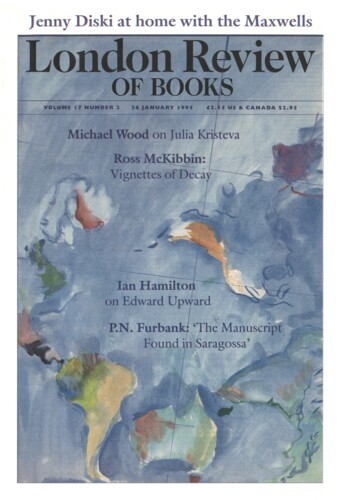After the flood, among the bogs and swamps
that were spread out to dry like linen,
the animals appeared, some familiar, some
entirely unknown; it was like the banks
of the Nile when the river wastes away
and the fellaheen who turn up clogs of mud
find a world half-dead, half-alive with crawling
things, offspring of the marriage of warmth and water.
Birds wheeled and cried on wide, fresh-coloured wings.
Whether or not the earth intended it, the first
new creature was the serpent, Pythias, the Python,
who slides into the heart’s remotest darkness,
who brought a sick green shadow to the sacred places
he slunk among. Apollo swarmed on him with arrows
whose metal heads were tempered in the sun. That slow
bloody attrition is remembered at the Pythian Games
where the young vie for oak-leaf garlands, for all this
took place before Apollo tied green laurel in his hair.
Excitement was still bounding in his veins
when he saw the child Cupid toying with a bow.
‘What is this child playing with men’s stuff for?’
he ground out. ‘It was I who killed the Python.
The carcass rots and stinks along a farm’s length.
Run away with your little lamp and go guide lovers!’
But the child rounded on his solar health and smiled.
‘True, you can slaughter worlds. It’s a human boast,
less than divine, just as your strength is less than mine.’
He stretched and flew off to a toehold on Parnassus,
aimed with his left arm and let slip two arrows.
The first was lead, a sullen, lightless shade:
it shivered when it struck white Daphne’s heart and sent her
into her father’s arms to vow life-long virginity.
The second, golden arrow pierced Apollo with such
fire that it seemed his bones burned with desire.
One glimpse of Daphne seared along his heart
the way a careless cigarette-end lights a hayfield.
What he could see – hair curling past her shoulders,
the naked throat, bare arms and eyes to drown in –
thrust him to figure what was hidden by her dress.
The god who speaks to us in caves and temples
of what is past, or passing, or to come,
master of herbs and medicines, god of poetry and music,
was reduced to the passion that cannot be healed
by any wayside sprig or doctor’s formula,
or any measured motion of the air. He cried out
‘Stay!’ but the girl was already running, running faster
the closer he pursued her, ducking and dodging
like a deer, with a deer’s wild, liquid eyes; his hands
reached and grasped at the air as it closed behind her.
Wind pressed her dress against her thighs
then ripped it from her, and she ran like a naked hare
as he planned how to circle round and corner her
at the exposed heart of an open field.
She felt his hot breath crawling on her shoulder
as the river flashed into sight. Her father was its god
and she screamed: ‘Father, save your daughter! Let the green
earth cover her!’ She swooned and felt she soared
as skin, taut across muscle, gnarled; fingers and toes
multiplied and divided into branches, roots; her flying hair
thickened into a storm of leaves that slowly settled
as all that had been Daphne changed to laurel.
At the exposed heart of an open field
the tree swayed gently in a gentle wind.
Apollo ran his hands along the boughs and kissed
the slender trunk, hearing her pulse die down with his.
‘You who would not consent to be my bride must be the badge
of my undying love. For you, generals shall ride in triumph
up to the Capitol with laurel crowns, and, where Augustus
creates a city, bronze oak-leaves and leaves of laurel
shall mark out and proclaim a Roman order.’
While he spoke, the leaves of the laurel rustled
as though blessing the new form of his pleasure.
Send Letters To:
The Editor
London Review of Books,
28 Little Russell Street
London, WC1A 2HN
letters@lrb.co.uk
Please include name, address, and a telephone number.

